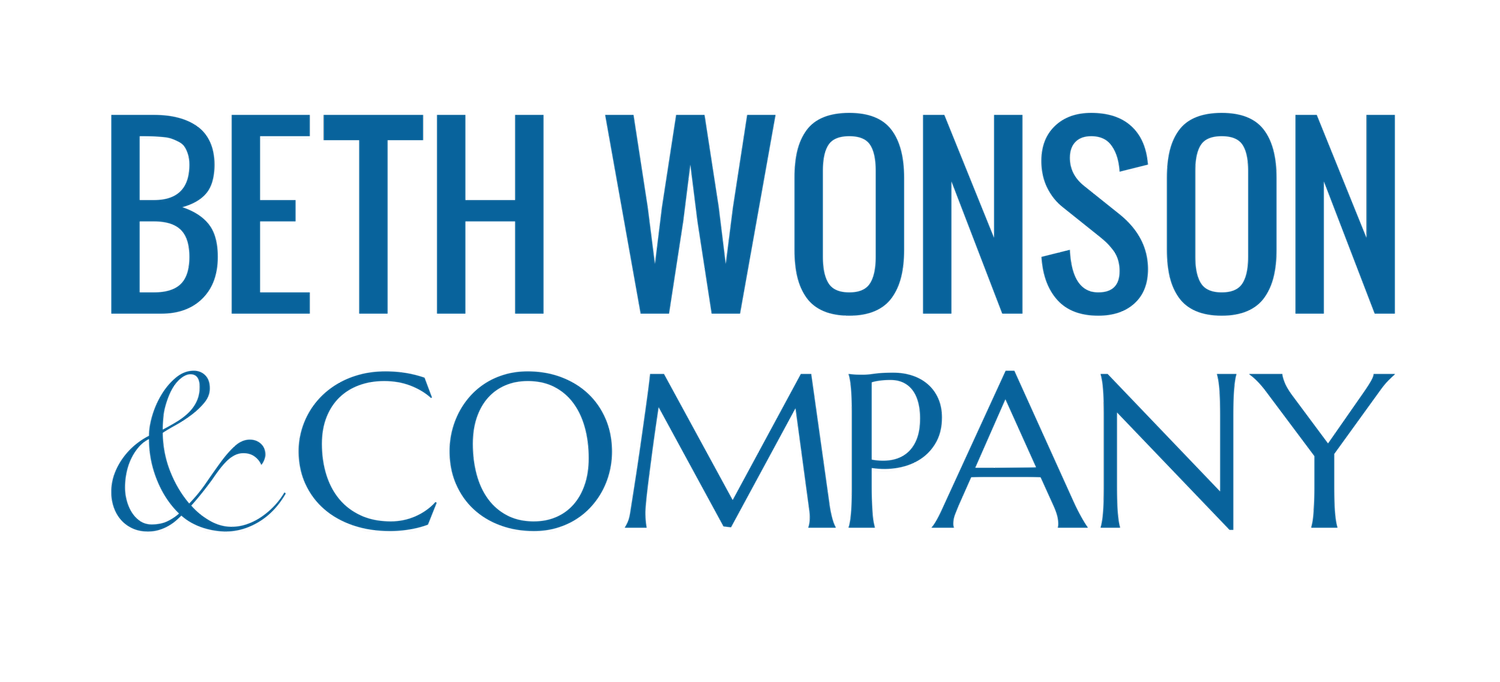What We're Missing About Quiet Quitting
I once worked at an organization where when the Executive Director wanted something done and the feedback was there wasn’t enough time, his response was a glib “nights and weekends people!” While he always acted as if it were a joke, you kind of knew he wasn’t kidding.
I think about this when I think about the current Quiet Quitting movement. If you haven’t heard of Quiet Quitting by now, you will soon. Quiet Quitting describes employees who aren't leaving their jobs, but are now setting boundaries around how many hours they are working, reading texts and emails while off the clock, and how much responsibility they are taking on outside of their actual job description.
Employees are stating that they are no longer willing to live to work but instead want to work so they can enjoy their lives and personal time.
I’m all for this! 100%. But I don’t love the term “quiet”.
I believe this movement needs to be loud.
Both employers and employees need to have difficult, messy, loud, healthy dialogue. Even healthy conflict perhaps. Because that’s how change happens.
Leaders must lead this dialogue. And they must truly be open to hearing what employees are saying. Productive dialogue requires far more than pulse or employee satisfaction surveys. This kind of dialogue requires:
A clear definition of what we all value (the company, leadership, employees, consumers).
Clarity from leadership on the top priorities of the company or organization.
Coming to terms with if those priorities are truly achievable with the workforce, skills, talents, and time that is available?
If not, what must be let go or added to do so?
The big question companies must explore are:
Are our goals realistic?
What do we value as a company?
Can we do work differently?
Does the current model (40 hour work week) really work?
How can we recreate the 40 hour week?
What options can we give employees and still meet our goals?
True, Authentic, Dialogue is Not “Quiet”
It involves speaking truth, listening deeply, curiosity, empathy, and a willingness to be vulnerable. This is not easy work, especially for leadership who answer to boards and shareholders. Or for employees who feel they may be at risk by speaking their truth.
I am hopeful that instead of taking sides and being defensive, leaders can see “quiet quitting” as a call to have deep conversations about what healthy, sustainable work looks like.
Have a Question? Let’s Talk Today
You may be facing a challenge or weighing an action and aren’t sure where to start, or what a solution even looks like. Contact Beth today! It’s 100% confidential so you can freely discuss the challenges you’re facing and unlock a path forward. Or Get Started with our resources library and books.
